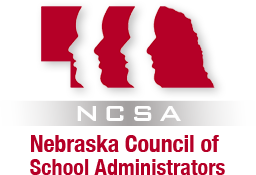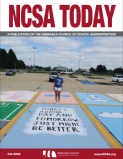Dr. Connie Eichhorn
Many federally funded programs have been required to provide evidence that the individual program is accomplishing its basic objectives. 'Quality indicator' is a term used to describe a characteristic of an effective program. The Adult Basic Education (ABE) program is the largest single, federal adult basic skills provider in the United States. There is not a list of quality indicators for ABE program effectiveness in Nebraska, as perceived by the broad community of practitioners. The purpose of this qualitative study was to determine the quality indicators in adult basic education programs as perceived by Nebraska ABE practitioners. The critical incident technique was used to develop the list of program quality indicators by examining the perceptions of ABE practitioners towards the indicators. The final conceptual model of Nebraska quality indicators was compared to those developed by other states, to determine the applicability of other indicators to Nebraska and to discuss whether the generality of indicators for program evaluation is possible. The critical incident technique is an exploratory method of qualitative research, which asks qualified respondents for descriptions of behaviors contributing to the effectiveness of a certain phenomenon. In this study, qualified respondents were those ABE practitioners who had worked in their respective jobs, as an instructor, volunteer coordinator, or a program supervisor, for at least one year. The primary question addressed in this study concerned descriptions of specific behavioral incidents that proved either effective or ineffective for the ABE program. Probes included where the incident happened, how the person felt, the reaction of the student, and the result of the described incident. The data were categorized into recurrent themes to develop the list of quality indicators for Nebraska ABE programs. The final categories were program management, qualified staff, non-management issues, staff development, recruitment/retention, and student orientation and assessment. There was some variation in categories identified by the three Nebraska ABE personnel groups. The Nebraska practitioners' perceptions of ABE program quality were compared to state and national quality indicators. The results of the study are useful to practitioners, administrators, and legislators in knowing what constitutes ABE program quality in Nebraska and how quality in this state relates to other states.
























